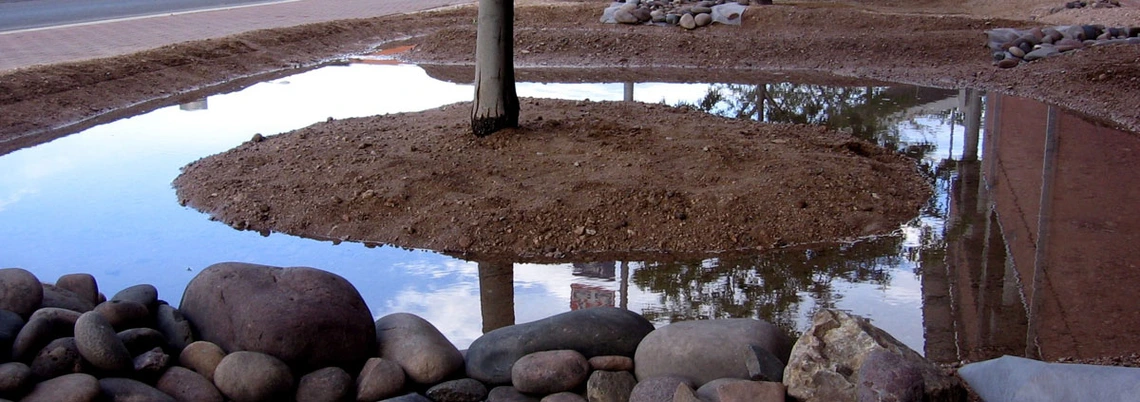
When
Where
Speaker(s)
Tree and urban landscapes provide an opportunity for every citizen to contribute to climate resilience through informed plant selection and sustainable management practices. The University of Arizona Campus Arboretum was established to guide science-based urban tree stewardship and to advance conservation best practices for campus and communities throughout the state. To make university research accessible, the Campus Arboretum has developed a vast array of resources and programs to help people choose the right plant for the right location so as to reduce inputs needed and maximize the benefits landscapes provide in urban desert ecosystems. Join us for this talk aimed at empowering urban communities through understanding principles and practices of horticultural science and through exploration of resources and tools available.
Tanya Quist received a Ph.D. in Plant Physiology from Purdue University’s Department of Horticulture and Landscape Architecture where she studied in the Center for Plant Environmental Stress Physiology. Her thesis and post-doctoral work used whole plant physiological and molecular genetics approaches to explore plant responses to abiotic stress, including drought and salt. These studies built on previous work in her B.S. and M.S. programs aimed at understanding the effects of water quality and cultural practices on growth and performance of woody landscape plants.

